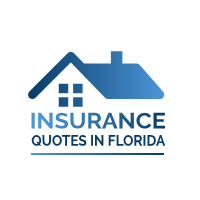Car Insurance vs. Motorcycle Insurance
In many states, car insurance laws and motorcycle insurance laws are the same, but in Florida there are big differences between the two types of laws. Most importantly, Florida car drivers must have Personal Injury Protection (PIP), which covers medical bills and lost wages, regardless of who is at fault for an accident. PIP insurance laws do not apply to motorcycles. Some insurance companies may offer PIP insurance for motorcycles that is similar to PIP insurance for cars, but that insurance is not regulated by Florida law because PIP is not required for motorcycles. Also, after a motorcycle accident, a person does not need to show a permanent injury to recover money for pain and suffering, unlike an injury resulting from a car accident.
Get Motorcycle Insurance
Generally, there are two ways to obtain motorcycle insurance in Florida:
Buy coverage from an insurance carrier licensed to do business in Florida (this is the most common way to get insurance);
Get a Self-Insurance Certificate from the Bureau of Financial Responsibility based on net worth.




